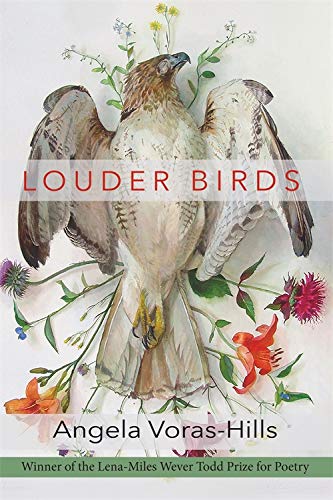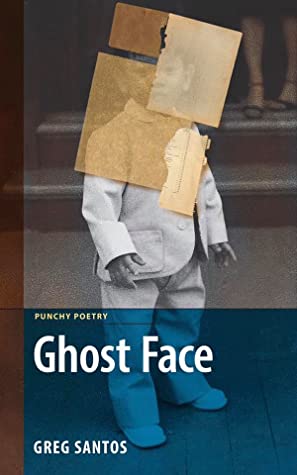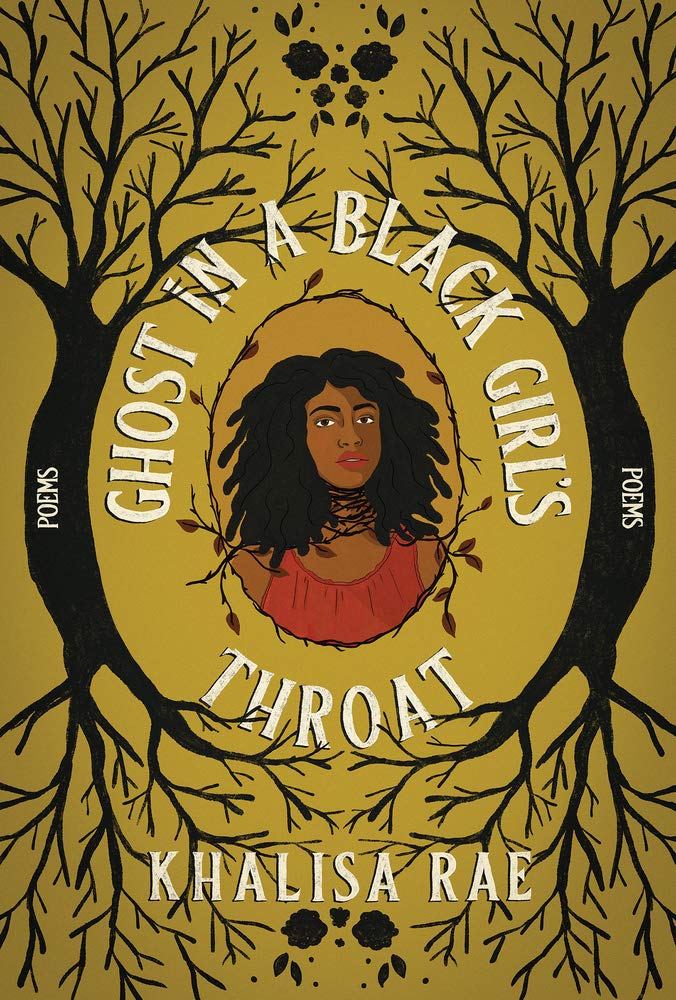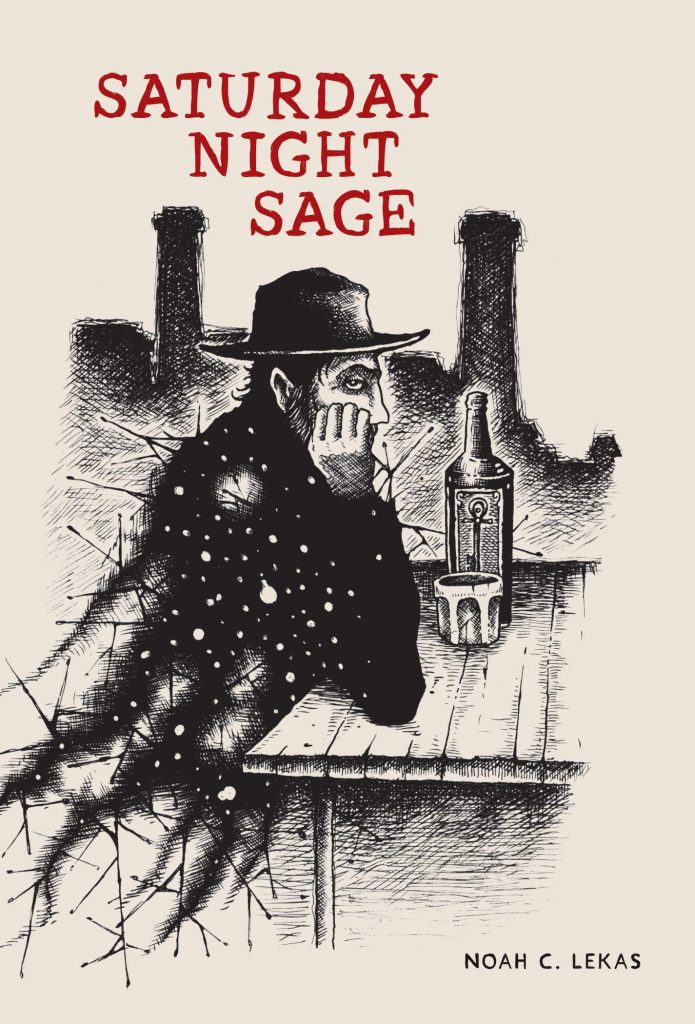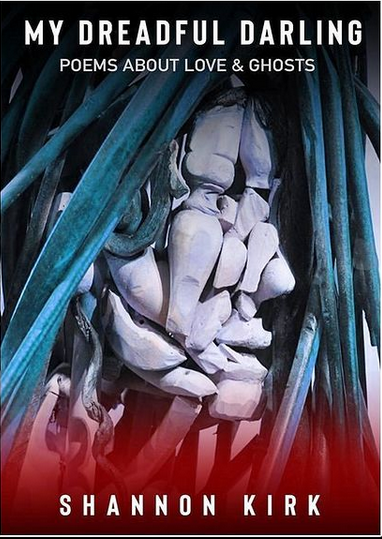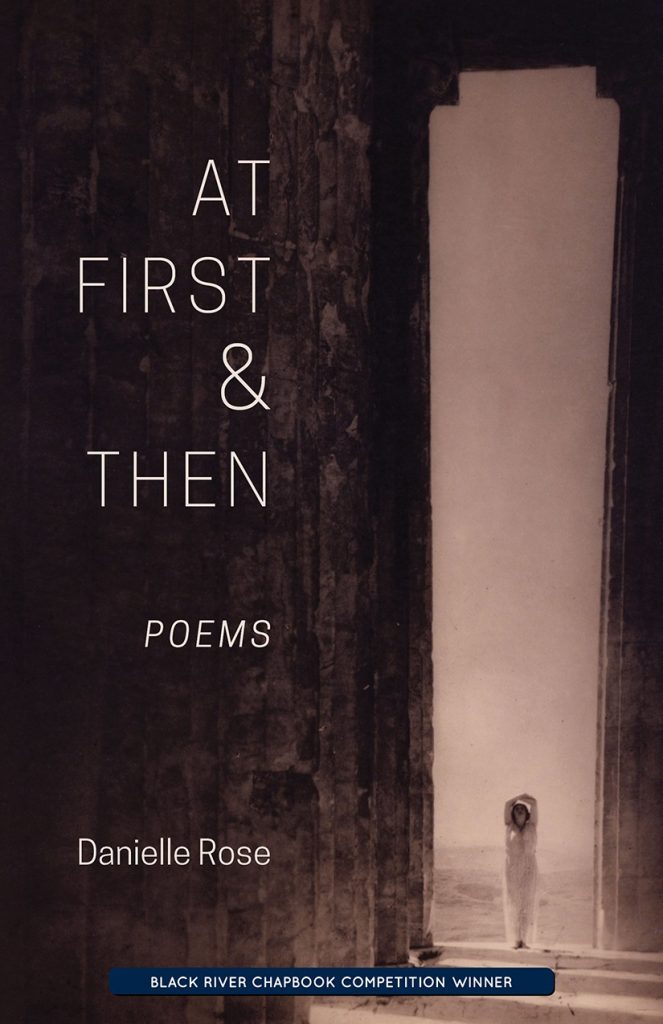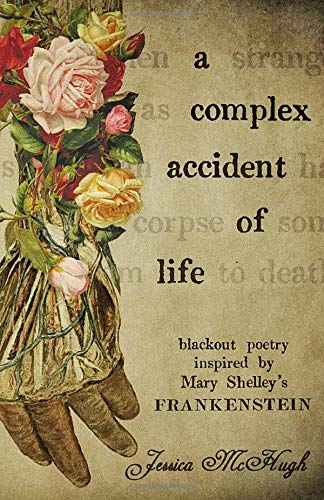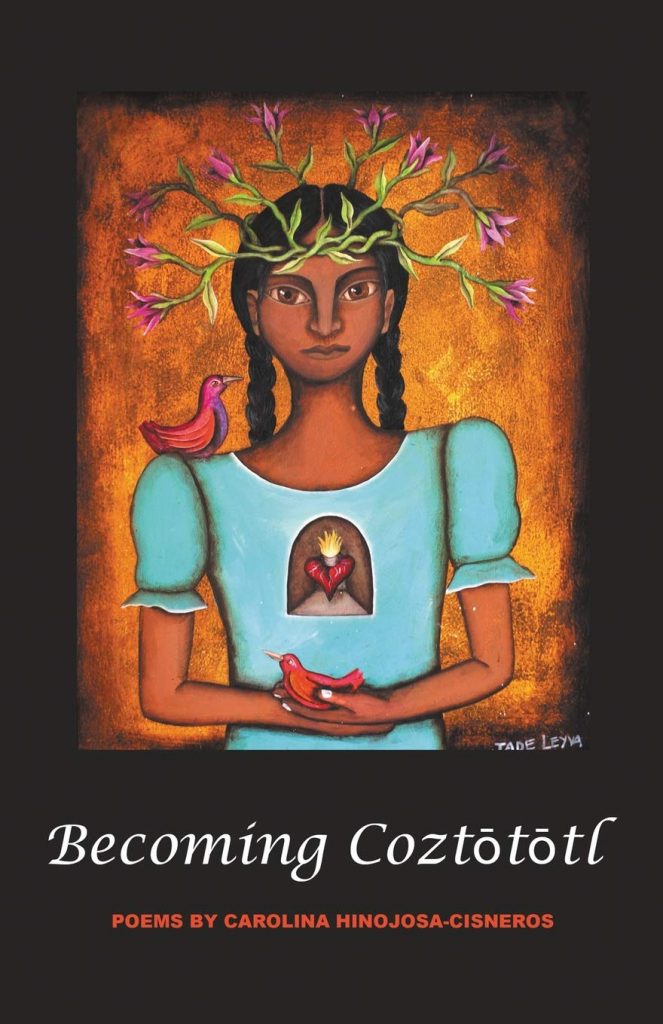
REVIEW BY GABINO IGLESIAS
—
Carolina Hinojosa-Cisneros’s Becoming Coztototl is a short poetry collection that inhabits the interstitial space between this world and the spirit world, between Spanish and English, between the United States and Mexico. This is a collection about bodies and harsh realities, but also about hope, light, power, land, heritage, culture, and family. Hinojosa-Cisneros writes with conviction and strength, and these pages are a testament to that:
“As hijitos and hijitas sit in manmade cages,
detentions they will call them, their wings carry
los antepasados like rayos de luz within.
And when the cage gets lonelym los antepasados,
remind hijitas and hijitos of the land they stand on.”
Becoming Coztototl comes in at 36 pages, but its short length doesn’t detract from the punch it packs. Displaced bodies, trauma, the struggles of migration, the weaving in and out of cultures; it’s all present here, and Hinojosa-Cisneros tackles these topics with an open heart and brings the power of first-hand experience—as a woman of color, as a Tejana—to the page. More than poetry, the words in this book add up to a celebration of mestizaje and a song that tells of the beauty of mixed languages. However, despite all the light here, there is a scream at the heart of this collection that wants to destroy “systemic oppression” and free every “marginalized body.”
FlowerSong Press is doing important work by bringing voices like Hinojosa-Cisneros to readers, and this book is a strong addition to their catalog. Their aesthetic is authenticity and diversity, and Becoming Coztototl delivers both. Hinojosa-Cisneros’s writing is strong, but not angry. Despite the heavy topics the book deals with, there is a lot of light, a lot of hope, in its pages. Unity, family, and community emerge as the pillars that hold us up, and reading these poems is to witness how beauty and love can be found even in harsh times.
“Mi’ja you are more than
shared flesh. You are
warrior at evening time.
You are powerful voice
at morning prayer. You are
ancestral lucha burning
sage under your bar feet.”
Becoming Coztototl makes that fight communal, but it also reminds us if the beauty around it; the reasons why we keep fighting. Hinojosa-Cisneros is a fighter in that lucha, y estos poemas nos invitan a luchar con ella.
—
Gabino Iglesias is a writer, editor, literary critic, and professor living in Austin, TX. He is the author of ZERO SAINTS and COYOTE SONGS. You can find him on Twitter at @Gabino_Iglesias.
![[PANK]](https://pankmagazine.com/wp-content/themes/pank/assets/images/pank-logo-large.png)


